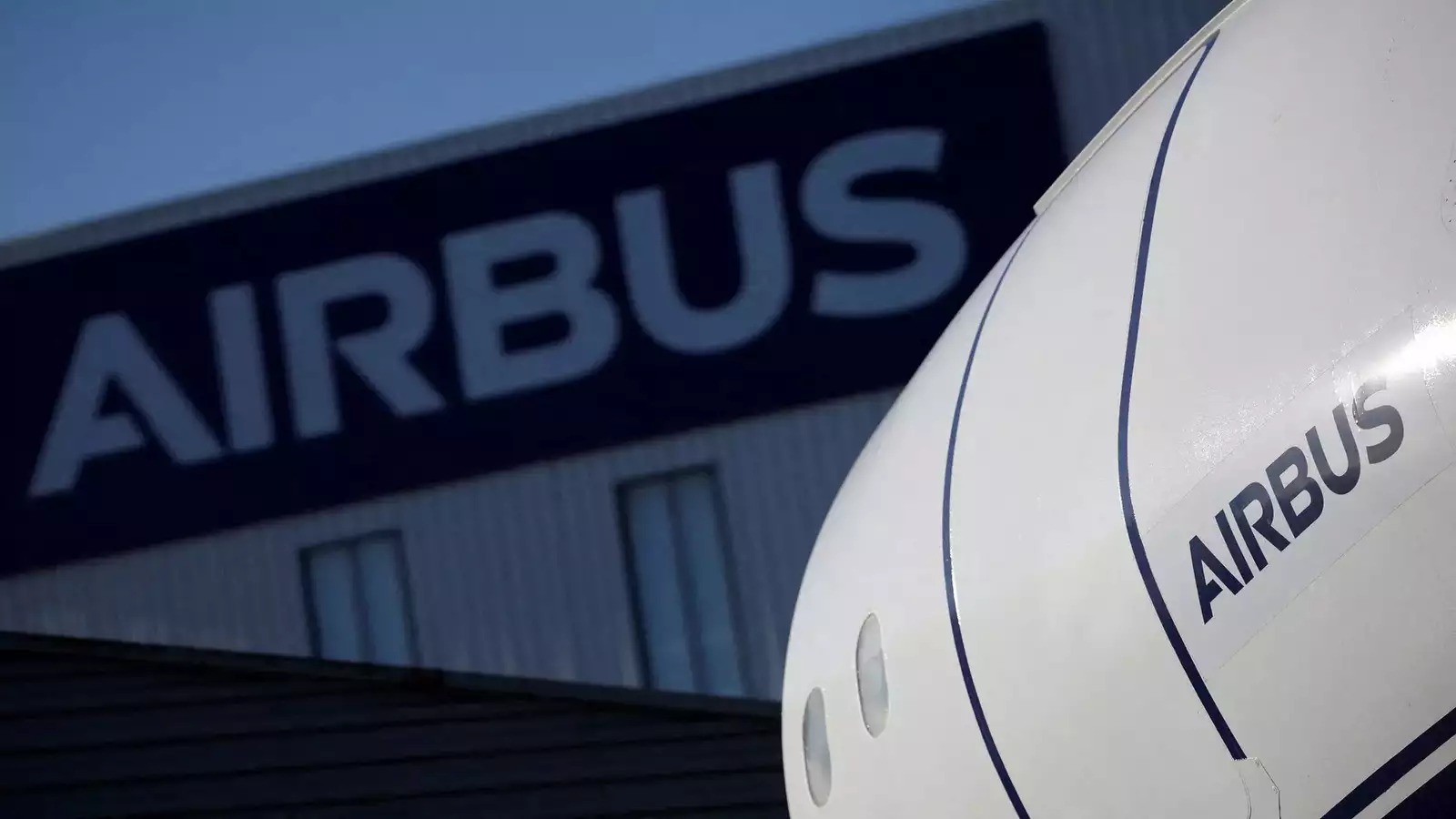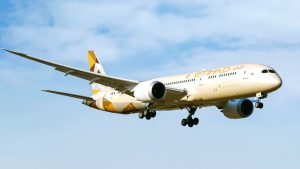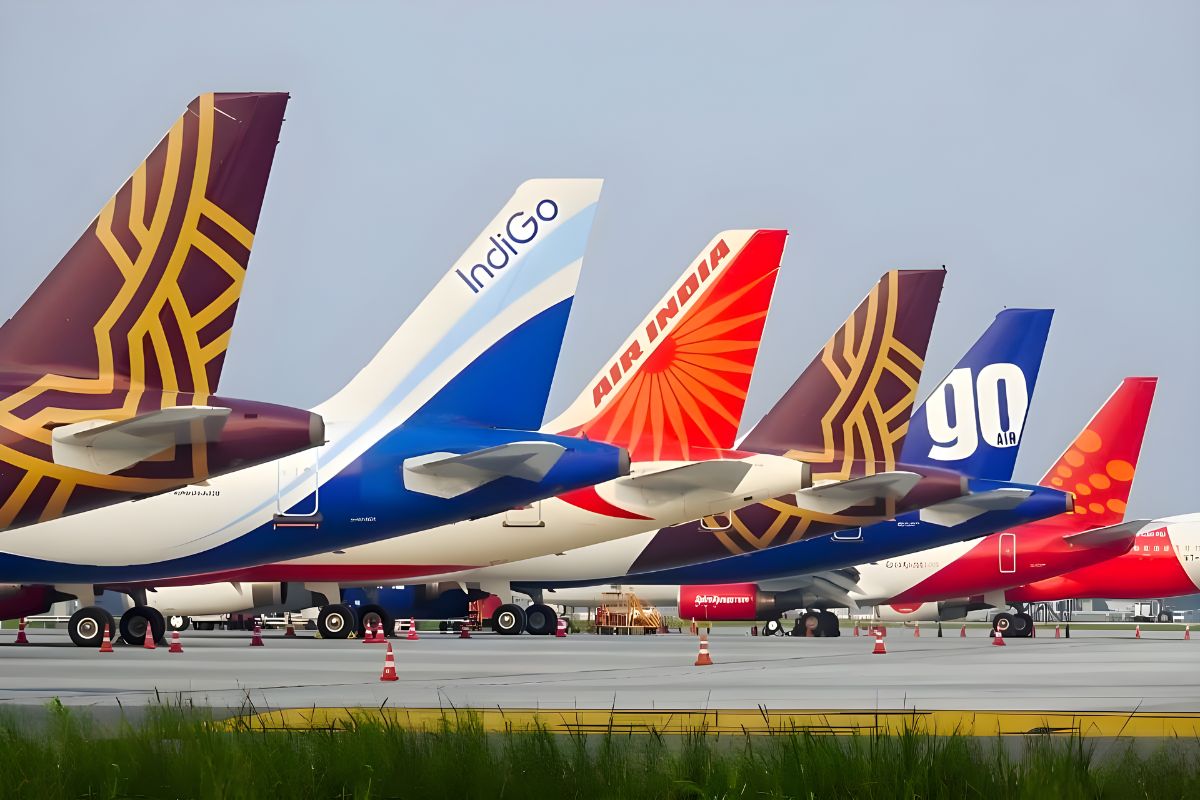
IATA’s Warning






IATA’s Warning: Challenges for Airlines Could Affect Your Next Vacation Trip
The International Air Transport Association has issued a warning regarding continued disruptions to supply chains that could impact the operations and performance of airlines through 2025. According to IATA’s warning, these challenges contribute to increased operational costs, reduced fleet expansion, and delays in meeting environmental objectives. These issues affect companies and travelers seeking international tour packages, vacation packages, and vacation trips.
Aircraft Deliveries Disappoint
Aircraft manufacturers face production backlogs, leading to deliveries falling well below expectations. The industry peaked in 2018, but deliveries have sharply declined since then. For 2024, only 1,254 aircraft are expected to be delivered, marking a 30% shortfall compared to earlier projections. Looking ahead, the estimate for 2025 is similarly subdued, with only 1,802 expected deliveries compared to the projected 2,293.
Adding to this concern is the backlog of unfulfilled aircraft orders, which has swelled to a new high of 17,000 units. At the current production rate, airlines face an average wait time of 14 years for new aircraft. However, as production accelerates, delivery wait times are expected to gradually decrease.

Aging Global Fleet, Increasing Leasing Costs
The global fleet’s average age has reached a record high of 14.8 years, up from 13.6 years during the 1990-2024 period. Older aircraft require more maintenance and reduce airlines’ ability to improve fuel efficiency. Meanwhile, leasing rates have surged, with narrow-body aircraft costing 20-30% more than in 2019. These increased costs exacerbate financial pressures on airlines, which are already burdened with high operational expenses. This, in turn, impacts the affordability of trip and vacation packages by driving up airfare costs.
Parked Aircraft and Supply Chain Bottlenecks
Approximately 14% of the global fleet—around 5,000 aircraft—remains grounded, a percentage higher than pre-pandemic levels. Many of these aircraft are parked due to ongoing engine inspections and supply chain constraints. These issues limit fleet availability and prevent airlines from fully capitalizing on high passenger demand. This also has a ripple effect on travelers planning vacations or purchasing tour packages.
Impact on Environmental Goals
IATA Director General Willie Walsh highlighted the broader implications of these disruptions:
“Supply chain issues are frustrating every airline with a triple whammy on revenues, costs, and environmental performance.”
Walsh expressed concern about the stagnation in fuel efficiency improvements, noting that no progress was made between 2023 and 2024. This represents a setback for the industry’s goal of achieving net-zero carbon emissions by 2050.
Call for Action
Walsh urged aircraft and engine manufacturers to address supply chain bottlenecks as a priority. Resolving these issues, he noted, is crucial for reducing costs, increasing capacity, and supporting the aviation industry’s environmental commitments. Airlines’ ability to offer competitive international tour and vacation packages also hinges on such improvements.
Looking Ahead
While IATA acknowledges these challenges, there is cautious optimism that supply chain improvements will eventually reduce delivery wait times and decrease the number of grounded aircraft. However, the road ahead remains complex, and airlines will need to navigate these obstacles carefully to maintain profitability and advance their environmental objectives. Travelers booking vacation trips and tour packages will be watching closely to see how airlines respond to these challenges.
Share This Blog
Farepayer
Featured
- All
- Blog
- Dubai
- Kashmir
- Kerala
- News
- Rajasthan
- Uncategorized


Etihad Airways Soars to New Heights with 1.6 Million Passengers

7 Wonders of Ranthambore National Park

Travel Jobs to Surpass 370 Million by 2025: WTTC Forecast Reveals $11.7 Trillion Boom

Varkala Travel Guide – Kerala Tour Package from Delhi

Plan Your Dream Vacation: Delhi to Kashmir Travel Made Easy

Ultimate Guide to Nahargarh Fort Jaipur – Rajasthan Tour Package from Delhi

Soochipara Waterfalls | Kerala Tour Package From Delhi

Ras Al Khor Wildlife + Dubai Honeymoon Tour Package

Tarsar Marsar Lakes Trek – Best Kashmir Tour Package from Delhi

Al Sufouh Beach: Hidden Paradise & Best Dubai Tour Packages

Kumbhalgarh Fort Tour – Best Rajasthan Tour Package from Delhi
Explore Your Dream Destination with Ease
Plan Your Trip Now
Get personalized travel options, visa assistance, and exclusive tour packages
-
B- 55, 3rd Floor, New Krishna Park
Vikaspuri, New Delhi, 110018 - info@farepayer.com
- +91 81304 89304
- 011 40 800 800

Thank You for Choosing
We’re thrilled to be a part of your travel journey! At Farepayer Travels, we believe that every trip is a unique adventure, and we’re committed to making yours unforgettable. Whether you’re exploring new horizons or revisiting your favorite destinations, we’re here to ensure every moment is special, seamless, and stress-free.
Your trust means everything to us, and we take pride in curating personalized experiences that match your dreams. From the first step in planning to your return home, we’re with you every step of the way.
Thank you for letting us help you discover the world. We look forward to being a part of many more adventures ahead!


